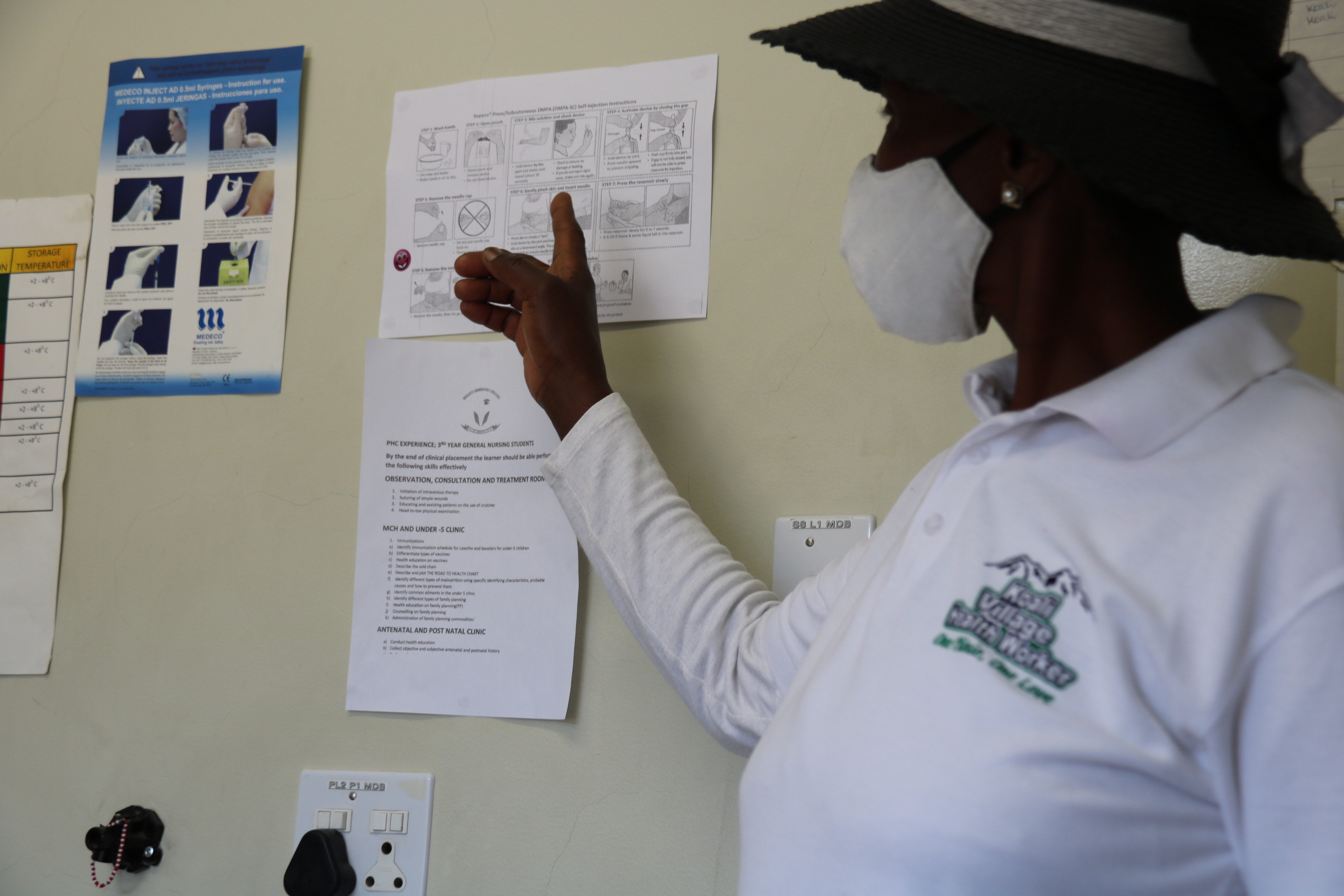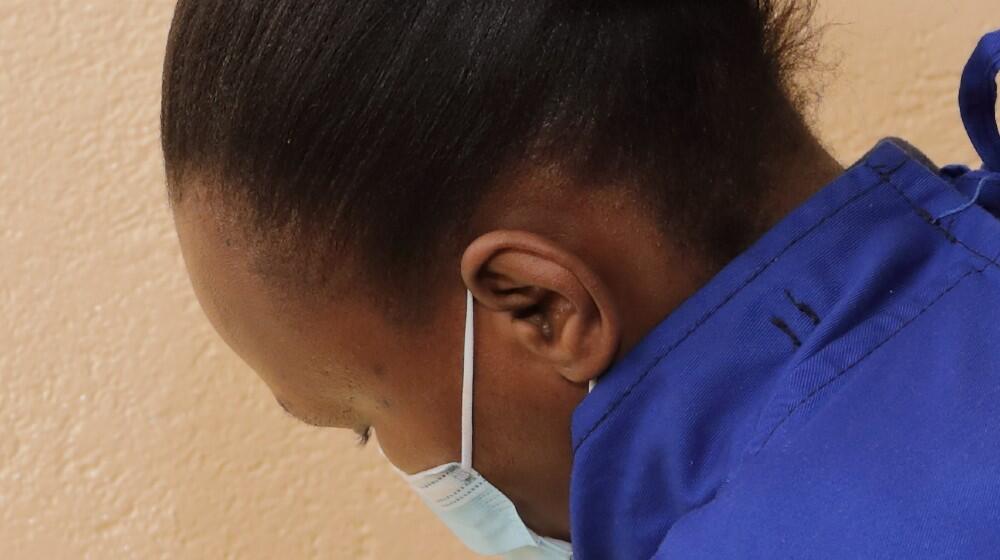For ‘Makatleho Takana Leteba, a Nursing Assistant at Machabeng Hospital, the training she had recently on Family Planning has been mostly useful for her working in the highland district of Qacha’snek where young girls aged around 14 /15 often give birth at the hospital.
The youngest girl she has seen pregnant was a 12-year-old who was brought for Ante Natal Clinic to the hospital by Community Health Workers in February this year. She had gone with other girls to fetch firewood when they were chased by boys. She was unfortunate to be caught by one of them who raped her and made her pregnant. You can imagine, at that age, coming from the rural areas, she did not know much about what was happening,” she said.
The Lesotho Demographic Health Survey (LDHS) 2014 shows that teenage pregnancy in Lesotho is at 19 % and the most affected places are those in the highlands of the country where access to health services is generally difficult.
Leteba believes all sectors of society, young girls, boys, men and women must be educated on family planning to counter early and unintended pregnancies which often result in young girls having to stop pursuing their education and marrying at an early age. Child Marriage in Lesotho is estimated at 24%.

After the training, she would share the knowledge she gained with her co-workers and also focus on mother in laws as they are also often the decision makers in households. “We had a woman who was bought to the hospital after her mother in law made her push for three days during delivery. By the time she eventually got to the hospital, the baby was on the perineum, already dead,” she stated adding that the woman had to be transferred to T’sepong hospital in Maseru for treatment of Obstetric Fistula.
“I am also going to ensure that we intensify the health education we deliver to young people and advise them on different contraceptive methods they could use,” she concluded.
Another Nursing Assistant who received the training Ms Moleboheng Nkongoane said the workshop had been very useful to her as she was trained in a Catholic Nursing School where family planning was not done practically. “I learnt the practical aspect of family planning when I got to work,” she said adding that the workshop helped her advance on the knowledge she had.
“For example, I was not aware of the other important aspects regarding insertion of implants such as the weight of the woman. I also knew very little about the guidelines. After the training, I will be confident to advice the women on the most suitable contraception method to use.”
She also believes parents should be educated on Family Planning so that they can confidently speak to their children and advise them. In particular, men should be trained on the myths and F
Ms ‘Makamohelo Pitso also a Nursing Assistant who is from Thaba-Tseka also viewed the workshop as very important. She would advise women back in her district to use long term family planning methods so that they would not have to visit the health facility frequently and thereby safe on transport money. She also emphasised the importance of long term family planning methods.
The training follows an End Line Assessment which showed that Family Planning was not integrated and that there was poor quality of data. As a strategy, training was therefore designed for 24 Nursing Assistants from around the country focusing on Family Planning data and commodities.
In Lesotho, UNFPA, the United Nations Population Fund supports the government in efforts to reduce the unmet need for family planning which is currently estimated at 18%. Access to and use of contraception is an important strategy to reduce maternal mortality in the country.


